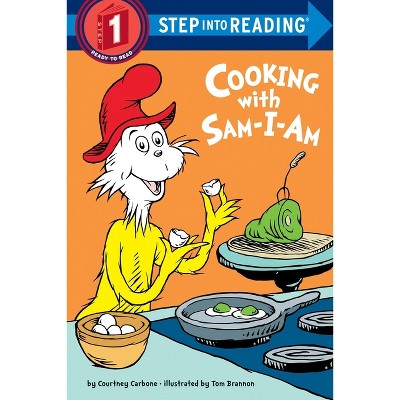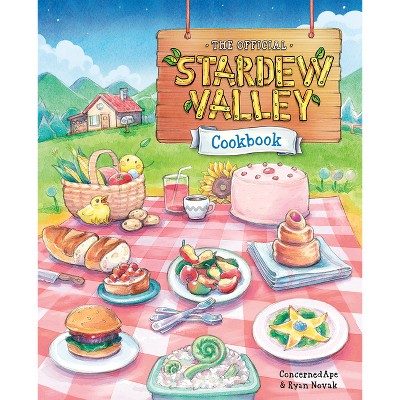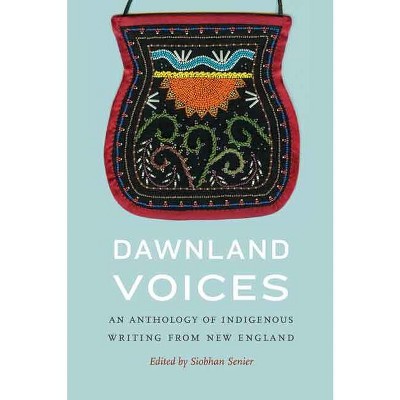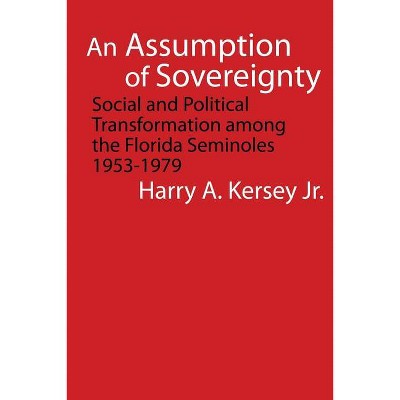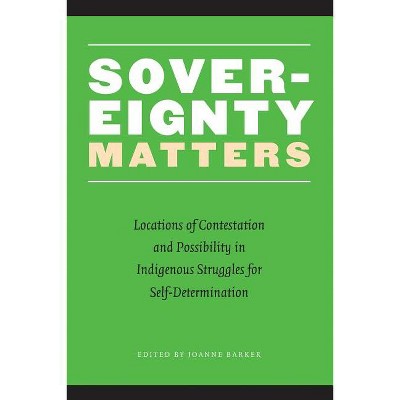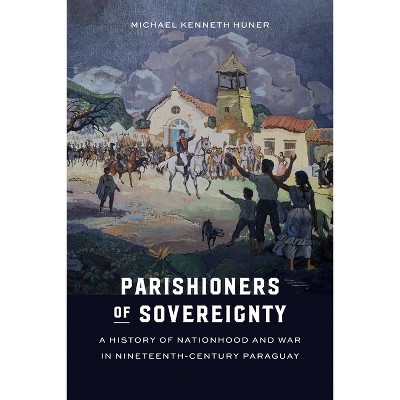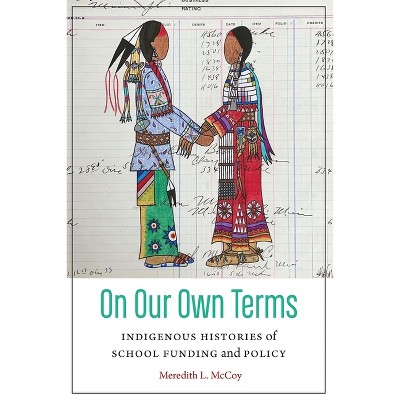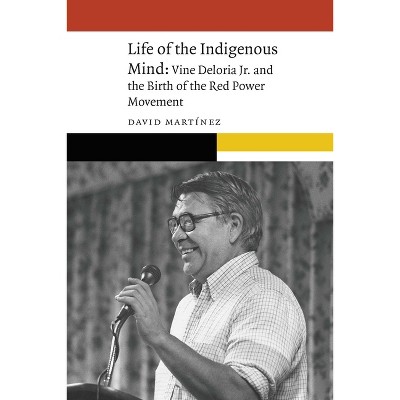About this item
Highlights
- Sovereignty and Sustainability examines how Native American authors in what is now called New England have maintained their own long and complex literary histories, often entirely outside of mainstream archives, libraries, publishing houses, and other institutions usually associated with literary canon-building.
- About the Author: Siobhan Senier is a professor of English at the University of New Hampshire.
- 252 Pages
- Social Science, Ethnic Studies
Description
About the Book
As Siobhan Senier researches the ways Indigenous Americans in New England have sustained and developed various literary and cultural traditions, she considers anew the overlapping notions of sovereignty and sustainability and concerns of social sustainability, culture, literature, the environment, and economics.
Book Synopsis
Sovereignty and Sustainability examines how Native American authors in what is now called New England have maintained their own long and complex literary histories, often entirely outside of mainstream archives, libraries, publishing houses, and other institutions usually associated with literary canon-building. Indigenous people in the Northeast began writing in English almost immediately after the arrival of colonial settlers, and they have continued to write in almost every form--histories, newsletters, novels, poetry, and electronic media.
Over the centuries, Native American authors have used literature to assert tribal self-determination and protect traditional homelands and territories. Drawing on the fields of Native American and Indigenous studies, environmental humanities, and literary history, Siobhan Senier argues that sustainability cannot be thought of apart from Indigenous sovereignty and that tribal sovereignty depends on environmental and cultural sustainability. Senier offers the framework of literary stewardship to show how works of Indigenous literature maintain, recirculate, and adapt tribally specific approaches to community, land, and relations. Individual chapters discuss Wampanoag historiography; tribal newsletters and periodicals; novelists and poets Joseph Bruchac, John Christian Hopkins, Cheryl Savageau, and Melissa Tantaquidgeon Zobel; and tribal literature on the web and in electronic archives. Pushing against the idea that Indians have vanished or are irrelevant today, Senier demonstrates to the contrary that regional Native literature is flourishing and looks to a dynamic future.Review Quotes
"Both timely and vitally important. . . . The focus on New England Indigenous literatures and writers alone is a fresh approach to Native and Indigenous literary studies. In Senier's skilled hands, this book goes even further in breaking new ground in all its adjacent fields, from the critical scholarship in the introductory chapter, the sustained focus on the entwined relationship between Indigenous sovereignty and sustainability, and the able discussion of genre, form, and community."--Stephanie J. Fitzgerald, author of Native Women and Land: Narratives of Dispossession and Resurgence-- (9/24/2019 12:00:00 AM)
"In this time of ecological devastation, it seems particularly important to bring ecocriticism to bear on Native American studies, both in terms of recovery work and theoretical understanding of the tie between ecology and sovereignty. The discussion of the ecological sustainability of genres like the novel is an important topic that I have not yet seen discussed in ecocriticism. Both terms are about sustaining, as Senier so aptly demonstrates, cultures and the earth itself. . . . Eloquent, astute, and crystal clear."--Cari M. Carpenter, coeditor of The Newspaper Warrior: Sarah Winnemucca Hopkins's Campaign for American Indian Rights, 1864-1891-- (9/24/2019 12:00:00 AM)
About the Author
Siobhan Senier is a professor of English at the University of New Hampshire. She is the editor of Dawnland Voices: An Anthology of Indigenous Writing from New England (Nebraska, 2014) and author of Voices of American Indian Assimilation and Resistance: Helen Hunt Jackson, Sarah Winnemucca, and Victoria Howard.


